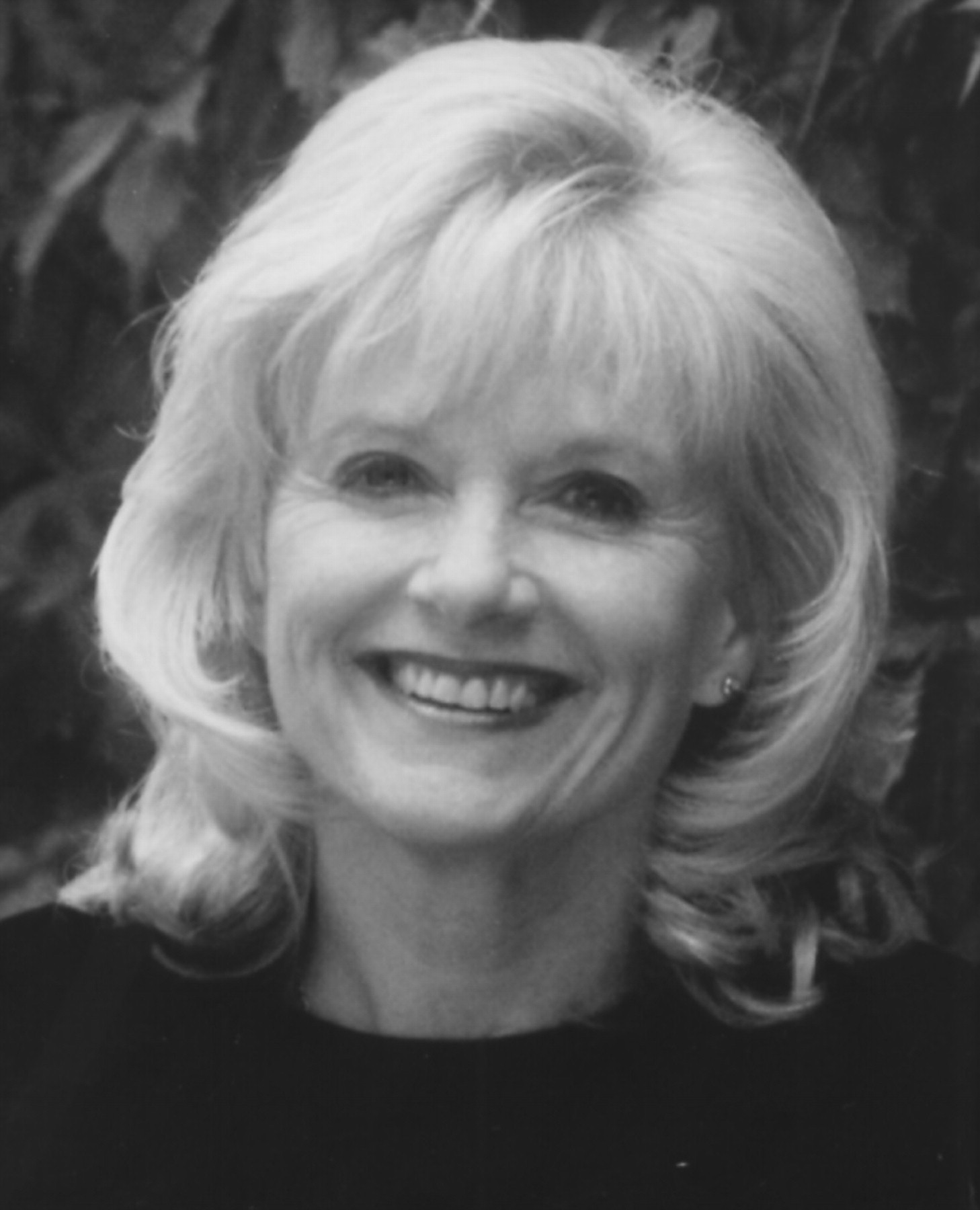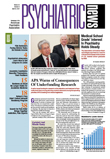Biographical Statement
In retrospect it may be no surprise that I became a psychiatrist, although I was not sure I could attend college, much less medical school. I was raised in northwest Montana by my divorced mother, grandparents, and two stepfathers. My first stepfather was a logger. We moved often. My family experienced poverty, alcoholism, depression, even suicide.
Frequent moves and multiple schools made socialization difficult, but I excelled academically. When I was 15, an educator asked whether I had considered medicine as a career. A fire was ignited, although it was a circuitous route to medical school. After putting myself through college and graduate school, I moved to Washington and worked while taking pre-med classes.
I entered medical school considering surgery or medicine but found psychiatry challenging, and believed I could help suffering patients. In residency I met my husband, from an Eastern family of psychiatrists. We shared a love of academic and clinical psychiatry and the outdoors. We started careers at Denver General; later, I moved to the university. When our twins were born, I entered private practice. We have raised three children, one daughter entering medical school and another taking pre-med. Our son is interested in public policy.
Grateful to have risen from my background, I strive to give back and encourage others. A clinical professor, I teach medical students and as an ABPN examiner work for professional standards. I advocate for psychiatry in Colorado, APA, and the Assembly, particularly to improve access to care (scarce in my childhood) and to help our members work. Additionally, I volunteer for my community and college and have been honored as a Distinguished Alumnus(a) and a “5280 Top Doc” by medical peers.
I believe we must all give back. In the final analysis I hope my“ best job” has been raising children who will give back.
Candidacy Statement
We are the Assembly, not red and blue DBs. We may be from different regions with problems unique to rural or urban areas, but we are an institution united to advocate for our patients and profession. I am honored to be a candidate for Assembly recorder.
In the years I have served as Colorado representative, this Assembly has evolved to a position of greater effectiveness and power sharing, especially with the BOT. Recently it appeared we were being marginalized and in danger of inadequate funding. Appointed to a special task force, I participated in brainstorming. Our voices were heard. Assembly representation on the BOT has increased, and a more balanced APA budget has secured Assembly financing. Yet some DBs remain underfinanced, and with the new grant protocol, not all DBs receive funds. I favor some return to the block grants for more equitable revenue sharing, a solution some on the Council on Member and DB Relations share.
Inadequate funding threatens not just our DBs but our profession at its roots. Decreasing reimbursements, access limitations, and aggressive efforts of nonphysicians to expand scope of practice interfere with our members' ability to care for patients and demoralize many. In many arenas (Assembly floor, reference committees, and councils), I have voiced my views and vision, particularly about the negative impact of managed care and the need for parity. As chair of the Managed Care Committee during very contentious times, I favored meeting with the major managed behavioral health companies—not because I agreed with their draconian measures, but because I believe in dialogue. I believe if you don't talk, you don't accomplish. I learned to mediate significant differences of opinion while allowing participation of all factions. These experiences are invaluable to Assembly leadership.
I support greater diversity in our leadership, reflecting gender, ethnicity, and sexual orientation. We have become more inclusive (ECPs, MITs, and allied organizations). But we can do better.
I believe we have consensus about many problems: threats to patients due to psychologists' prescribing, managed care, the need for full parity, universal coverage, confronting stigma, and the misperception of psychiatry. But we do not have universal solutions. We are thinkers and talkers. We can do this together. I ask for your vote.
The following is a list of my Assembly and APA activities:
•
Colorado District Branch representative, 1996-
•
Assembly Nominating Committee, 2000-01, 2003-04
•
APA Assembly Task Force on Function and Structure, 2003
•
(Presidential) Work Group to Address Managed Care Issues, 1999-2000
•
APA Managed Care Committee, 1991-2006; chair, 1997-2000
•
APA Council on Member and DB Relations, 2005-
•
APA Nominating Committee, 2000-01
•
APA Committee on Physician Health, 1991-94
•
Coauthored several action papers
•
Multiple Reference Committee appointments
•
President and all other offices, CPS, 1990-2001
•
Presenter, multiple APA meetings
Other activities include
•
Clinical professor, UCHSC
•
ABPN examiner, 1984- (59 exams)
•
ACOP, Scientific Program Committee, 2007-08
•
Published author including “The Role of the Psychiatrist,” Allies and Adversaries: The Impact of Managed Care on Mental Health Services. Ed. Schreter, Sharfstein, et al., APPI, 1994

